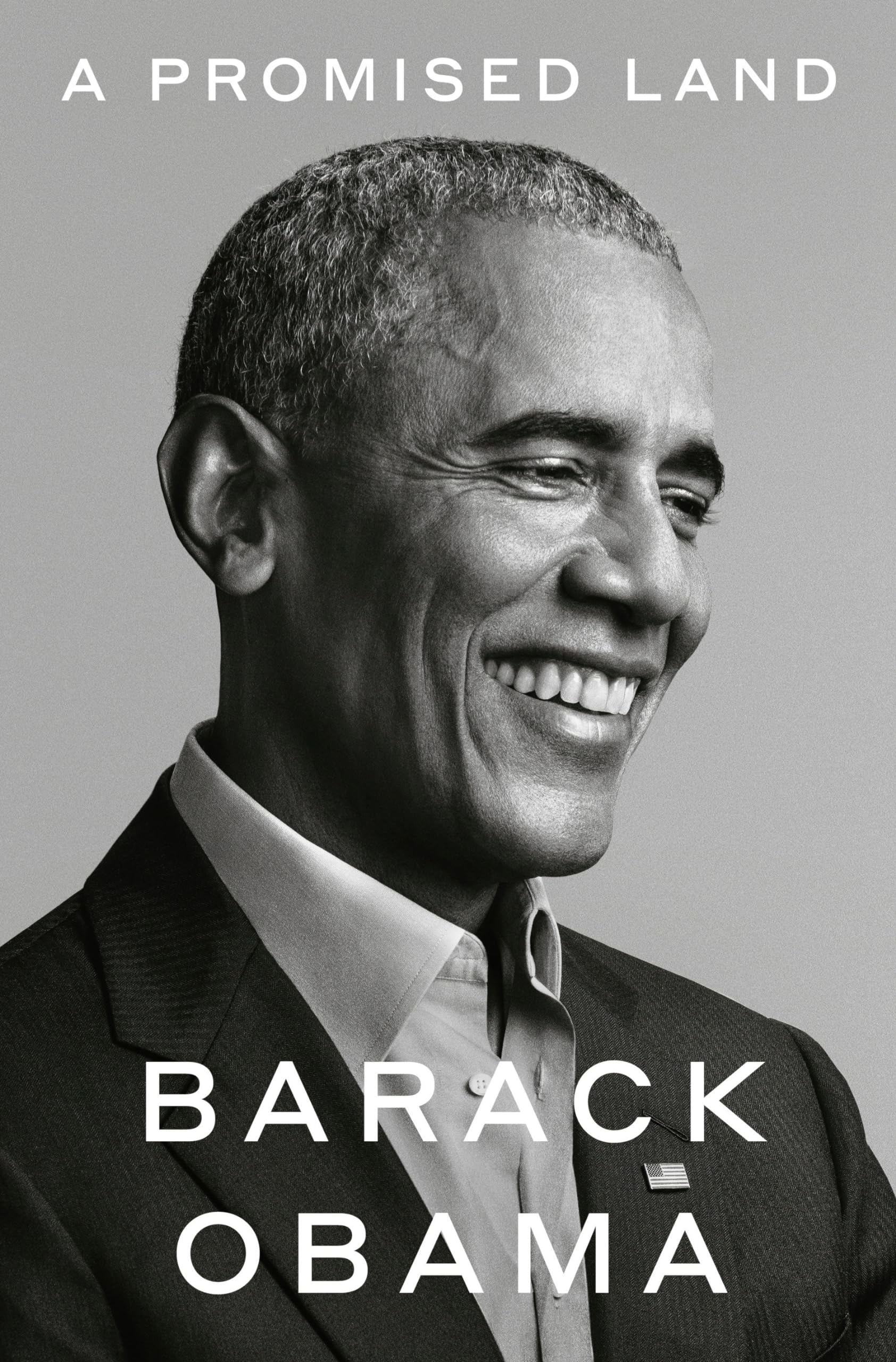CHAPTER 19: Leadership and Power in Global Politics
byChapter 19. In Putin, I recognized the same sort of men who once dominated Chicago’s political machine—smart and hardworking individuals who believed that their success was the result of both resilience and a deep understanding of their surroundings. These were men who had navigated difficult environments, mastered the art of negotiation, and learned how to manipulate circumstances in their favor. Their worldview was shaped by an unrelenting pragmatism, seeing politics as a continuous game of give-and-take, where loyalty was often conditional, and power was a commodity to be acquired and maintained at all costs. Their perception of success was transactional, calculated, and, above all, self-serving. Chapter 19 delves deeper into these parallels, examining the intricate dynamics of power and influence.
What set them apart was not just their ability to maneuver through political landscapes but also their keen insight into human behavior—an understanding sharpened by years of survival in high-stakes environments. They could anticipate moves before they happened, leverage weaknesses, and craft alliances that served their interests, all while maintaining the appearance of control. Yet, despite their sharp intellect and strategic minds, there always seemed to be a void in them, a lack of conviction in anything beyond the accumulation of power and influence. They often sought validation through dominance, wealth, or control, but there was an emptiness that lingered beneath their achievements. In rare moments of reflection, I suspected they recognized this within themselves, but such thoughts were quickly buried beneath the constant pursuit of more.
That was what I felt sitting across from Putin as he aired his grievances, expressing his frustration at not receiving the level of respect he believed he was owed. I found myself growing impatient—not simply because his concerns seemed exaggerated or his worldview outdated, but because I saw in him an individual who had the potential to elevate his country beyond the limits of his personal ambitions. Russia, with its rich cultural history, vast natural resources, and intelligent, hardworking citizens, had the potential to thrive under strong and visionary leadership. Yet, instead of using his authority to build a future of prosperity, he remained preoccupied with grievances and rivalries, choosing control over progress. There was a profound sense of lost opportunity, a reminder of how easily power can be squandered when leaders remain trapped within the confines of their own insecurities.
I couldn’t help but wonder how often history had been shaped not by the brilliance of leaders but by the limitations of their perspectives. What if they could see beyond their immediate ambitions and truly commit to the well-being of their people? How different could nations be if those in power prioritized growth, collaboration, and shared prosperity over the constant fear of losing control? These questions lingered in my mind as I observed him, knowing that they applied not only to Russia but to so many governments across the world. The inability to imagine a different way forward—the reluctance to embrace change—was often the biggest obstacle to progress.
The good news, however, was that throughout my travels, I always encountered individuals who challenged this kind of narrow thinking. The young men and women in the room before me, the activists and organizers who had gathered to hear me speak, represented a stark contrast to the rigid leaders consumed by their own power. These individuals worked tirelessly, driven by a belief in a better future, even when the odds were stacked against them. They did not allow cynicism to dictate their actions, nor did they accept the status quo as immovable. In them, I saw the energy, creativity, and determination that could transform societies from the ground up.
Their commitment reminded me of why I had entered politics in the first place. Despite the frustrations, the setbacks, and the challenges that came with leadership, it was moments like this that reaffirmed my belief in the power of people to shape their own destinies. As I looked out at their hopeful, eager faces, I felt a renewed sense of purpose. The fatigue of the long day’s meetings, the weight of diplomatic negotiations, and the exhaustion of navigating complex international relations all seemed to fade away. In that moment, I knew I was exactly where I belonged—among those who believed in change, who refused to settle, and who understood that the future was not something to be dictated by those in power but something to be built by those willing to fight for it.

